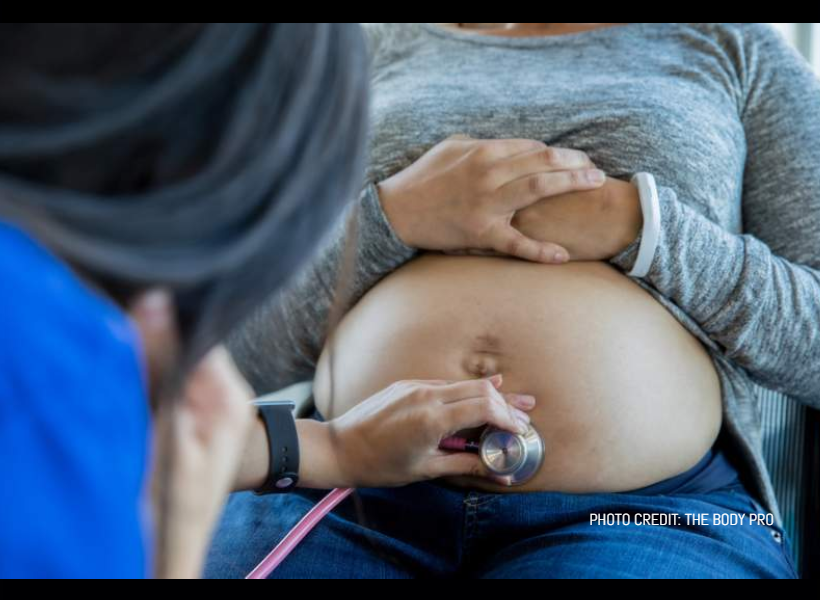According to a new report by United Nations (UN) agencies, “Trends in Maternal Mortality”, a woman dies every two minutes due to pregnancy or childbirth-related complications.
The report, which tracks maternal deaths nationally, regionally, and globally from 2000 to 2020, reveals that maternal deaths either increased or stagnated in almost all regions of the world, showing alarming setbacks for women’s health over recent years.
In 2020, there were an estimated 287,000 maternal deaths worldwide, only a slight decrease from 309,000 in 2016 when the Sustainable Development Goals (SDGs) came into effect. The report notes that progress is possible, as 31 countries across the world experienced significant declines in their maternal mortality rates.
However, two of the eight UN regions, Europe and Northern America, and Latin America and the Caribbean, saw increases of 17% and 15%, respectively, from 2016 to 2020. In total numbers, maternal deaths continue to be largely concentrated in the poorest parts of the world and in countries affected by conflict. Approximately 70% of all maternal deaths in 2020 were in sub-Saharan Africa. In nine countries facing severe humanitarian crises, maternal mortality rates were more than double the world average.
The leading causes of maternal deaths are severe bleeding, high blood pressure, pregnancy-related infections, complications from unsafe abortion, and underlying conditions that can be aggravated by pregnancy, such as HIV/AIDS and malaria. Community-centred primary health care can meet the needs of women, children, and adolescents and enable equitable access to critical services such as assisted births and pre-and postnatal care, childhood vaccinations, nutrition, and family planning. However, underfunding of primary healthcare systems, a lack of trained healthcare workers and weak supply chains for medical products are threatening progress, the report noted.
The report notes that the COVID-19 pandemic may have further held back progress on maternal health. However, more data will be needed to show the true impacts of the pandemic on maternal deaths. However, COVID-19 infections can increase risks during pregnancy, so countries are being urged to take action to ensure pregnant women and those planning pregnancies have access to COVID-19 vaccines and effective antenatal care.
“For millions of families, the miracle of childbirth is marred by the tragedy of maternal deaths,” said UNICEF Executive Director Catherine Russell. “No mother should have to fear for her life while bringing a baby into the world, especially when the knowledge and tools to treat common complications exist. Equity in healthcare gives every mother, no matter who they are or where they are, a fair chance at a safe delivery and a healthy future with their family.”
The report concludes by emphasizing the need for immediate action, more investments in primary health care, and stronger, more resilient health systems to save lives, improve health and well-being, and advance the rights of and opportunities for women and adolescents.
“It is unacceptable that so many women continue to die needlessly in pregnancy and childbirth. Over 280,000 fatalities in a single year are unconscionable,” said UNFPA Executive Director Dr Natalia Kanem.
“We can and must do better by urgently investing in family planning and filling the global shortage of 900,000 midwives so that every woman can get the lifesaving care she needs. We have the tools, knowledge, and resources to end preventable maternal deaths; what we need now is the political will.”











